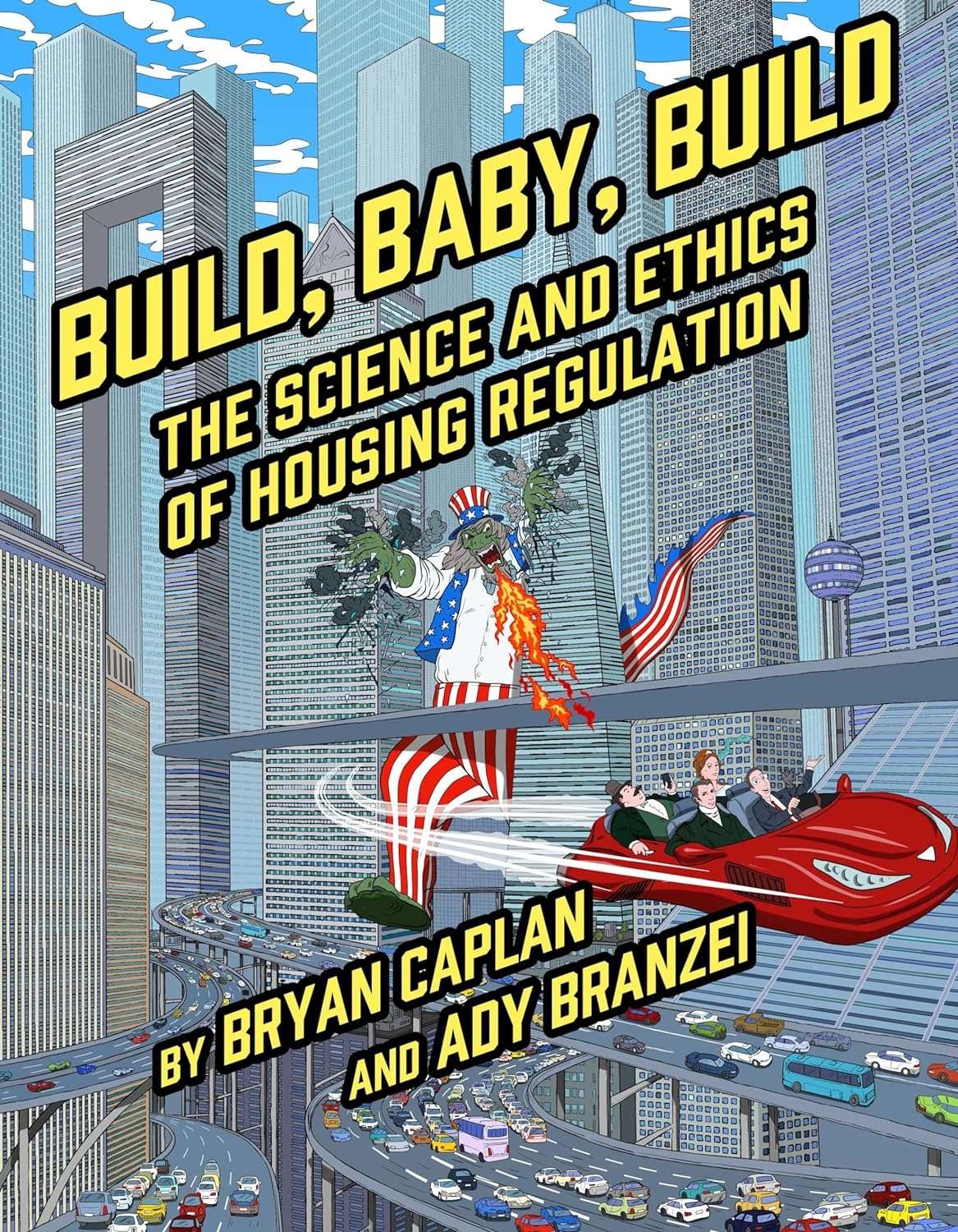The Decline of the Commission on Presidential Debates
The decision by President Biden and Donald J. Trump to proceed with two presidential debates without the involvement of the Commission on Presidential Debates marks a significant setback for an institution that once played a crucial role in presidential politics.
The commission’s decline can be traced back at least a decade and reached a tipping point in 2020 when it faced challenges in organizing a debate between Mr. Trump and Mr. Biden during the pandemic.
The first debate in 2020 was characterized by chaos and hostility, with Mr. Trump’s constant interruptions prompting the moderator, Chris Wallace, to remark, “I’ve never been through anything like this.” The second debate was canceled after Mr. Trump objected to a virtual format proposed by the commission due to his Covid diagnosis. By the third debate, the commission had to resort to using a mute button to enforce the rules.
Even prior to these events, the commission had been under scrutiny. Allegations of bias and calls for modernization had plagued the commission for years. The Republican National Committee announced in 2022 that it would no longer collaborate with the commission.
Frank Fahrenkopf Jr., co-chairman of the Commission on Presidential Debates, expressed surprise and skepticism at the campaigns’ decision to bypass the organization. He emphasized the commission’s role in ensuring fair and structured debates.
The commission was established in 1987 by the leaders of the Democratic and Republican parties to provide a neutral platform for presidential debates. It replaced the League of Women Voters, which had faced criticism for its inability to manage the demands of campaign operatives.
Despite the challenges faced by the commission, many experts believe in its importance. They warn that returning control of the debates to the campaigns could lead to strategic calculations rather than serving the public’s interest.
While Mr. Trump and Mr. Biden have agreed on the basic framework for the debates, there are still contentious issues to be resolved. Mr. Biden has proposed debates without an audience and with automatic microphones to enforce time limits, but it remains unclear if Mr. Trump will agree to these terms.
Ultimately, the future of presidential debates remains uncertain as the campaigns and networks negotiate the terms. However, the absence of the commission raises concerns about the integrity and fairness of future debates.
Despite the challenges, Mr. Fahrenkopf remains hopeful that the commission will be able to intervene and ensure the debates are conducted in a structured and impartial manner.
Contributions to this report were made by Michael M. Grynbaum.






